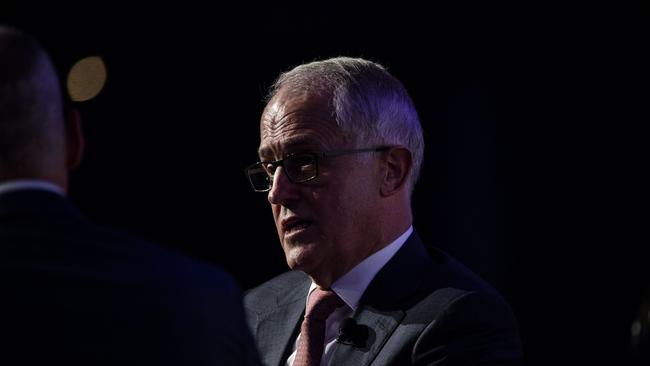Audit reveals shocking tactics used by power companies to swindle more money from customers
SHOCKING tactics — including coaching staff to avoid reminding customers to ask for better deals on their power bills while putting in place strategies to push “low value” families to other retailers — have been revealed in an audit by the consumer watchdog.
NSW
Don't miss out on the headlines from NSW. Followed categories will be added to My News.
ELECTRICITY companies coached staff to avoid reminding customers to ask for better deals on their power bills while putting in place strategies to push “low value” families to other retailers, an investigation has found.
An audit of shocking practices by energy companies conducted by the Australian Competition and Consumer Commission also found prices were intentionally increased for some families, while using “the customer’s loyalty against them”.
“They have had a chance to fix this problem of misleading advertising,” Mr Sims said. “They have not done so, so we recommend now the government steps in and fixes the problem.”

Released yesterday, the ACCC report found NSW families could save up to $409, including through a government rebate it recommended to make up for “gold-plating” of poles-and-wires businesses like Ausgrid, which was costing consumers.
However, that could cost the NSW Government up to $850 million in its first year, Mr Sims warned.
The investigation focused on some of the country’s largest energy retailers, including AGL, Origin and EnergyAustralia, drawing on internal documents to show how they prey on “loyal” customers and desperately prevent others from leaving.
“At least one retailer has a practice of using high discounts to attract consumers initially, and then applying a lower discount when recontracting later,” it found.
“An internal document from this retailer states that ‘(a)ggressive acquisition pricing, and deliberate margin management at recontracting is critical to (our) pricing strategy — and has enabled significant price dispersion’.”

Another document set out a strategy “for communicating with (loyal) customers to minimise the chance that the customer is prompted to inquire about a better deal.”
It read: “New communication will be succinct and written in a friendly tone but worded to limit customer responses.”
The ACCC made a series of recommendations, including axing solar subsidies and entering long-term agreements to purchase power at a low cost to make new generators more attractive for banks to finance.

Prime Minister Malcolm Turnbull has signalled support for many of the recommendations, telling an energy summit in Brisbane his “single clear-eyed focus is to reduce the cost of energy for Australians”.
“We will move swiftly, but with due consideration,” he said.
The Australian Energy Council, which represents major power companies, said it acknowledged consumers found the retail discounts confusing, but urged the government to consult with it “to avoid any unintended consequences”.

